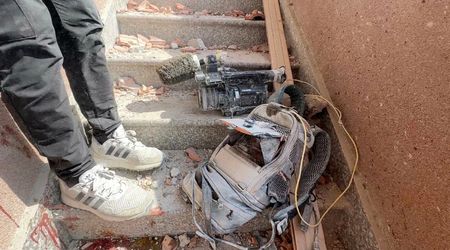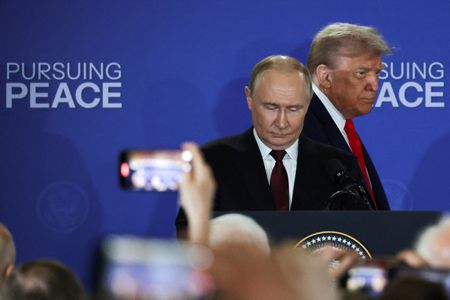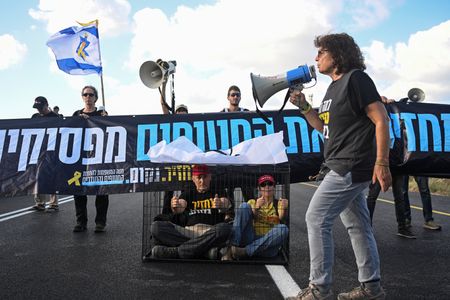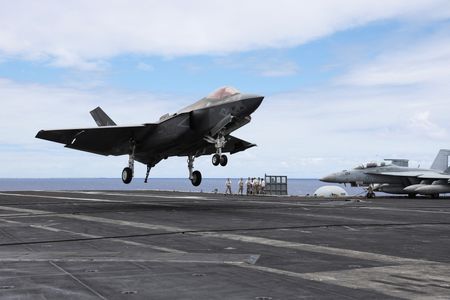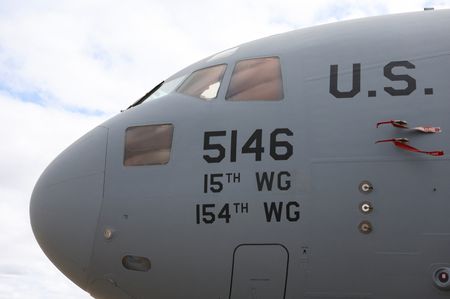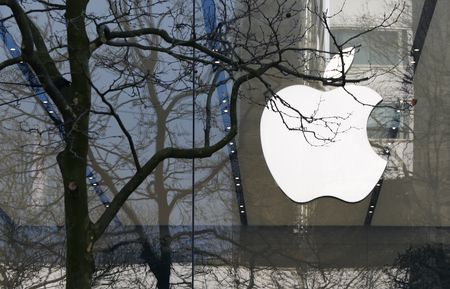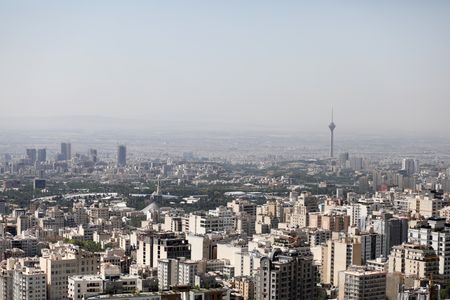(Reuters) -Two journalists for Reuters and the Associated Press who were killed in an Israeli attack on a Gaza hospital were not “a target of the strike,” a military spokesperson told Reuters on Tuesday, adding the army chief had ordered a further inquiry into how the decision to strike the hospital was made.
Israeli forces struck Nasser hospital in the south of the Gaza Strip on Monday, killing at least 20 people including journalists who worked for Reuters, the Associated Press, Al Jazeera and other outlets.
“We can confirm that the Reuters and AP journalists were not a target of the strike,” military spokesperson Lieutenant Colonel Nadav Shoshani told Reuters on Tuesday. Three other journalists were also killed in the strike.
Using its own camera equipment, Reuters has frequently broadcast a feed from Nasser hospital during the Gaza war. For the past several weeks the news agency had been delivering daily feeds from the hospital position that was hit.
At the moment of the initial Israeli strike on Monday, the Reuters live video feed, which cameraman Hussam al-Masri had been operating, suddenly shut down. Masri was killed in the attack.
None of the five journalists were among the six alleged Palestinian militant targets that the Israeli military named in a written statement, released on Tuesday. The statement included photos of six individuals who were killed, including alleged members of Hamas and Islamic Jihad.
“At the same time, the Chief of the General Staff regrets any harm caused to civilians,” the statement said, adding that the Israeli military directs its activities solely toward military targets.
The written Israeli military statement identified what it called “several gaps” that Israel’s Chief of the General Staff had instructed be further examined:
“Firstly, a further examination of the authorization process prior to the strike, including the ammunition approved for the strike and the timing of the authorization.
“Secondly, an examination of the decision-making process in the field.”
Prime Minister Benjamin Netanyahu’s office said on Monday that Israel deeply regretted what he called a “tragic mishap.”
In a letter to Israeli officials on Monday, Reuters and AP wrote: “These journalists were present in their professional capacity, doing critical work bearing witness. Their work is especially vital in light of Israel’s nearly two-year ban on foreign journalists entering Gaza.”
“We hope this probe will be quick, thorough and provide clear answers. These deaths demand urgent and transparent accountability,” said the letter.
Besides Masri, who worked on contract for Reuters for the past year, the journalists killed also included Mariam Abu Dagga, who freelanced for the Associated Press and other outlets, Mohammed Salama, who worked for Qatar-based broadcaster Al Jazeera, Moaz Abu Taha, a freelance journalist who worked with several news organizations including occasionally contributing to Reuters, and Ahmed Abu Aziz, a journalist for Middle East Eye.
Photographer Hatem Khaled, also a Reuters contractor, was wounded.
The written military statement said troops had identified a camera “positioned by Hamas” in the area of the hospital to observe the activity of Israeli troops in order to direct terrorist activities against them.
It said the troops acted to remove the threat by striking and dismantling the camera.
Reuters and other news providers often deliver live video feeds to media outlets worldwide during major news events to show the scene from the ground in real time.
(Editing by Howard Goller)

